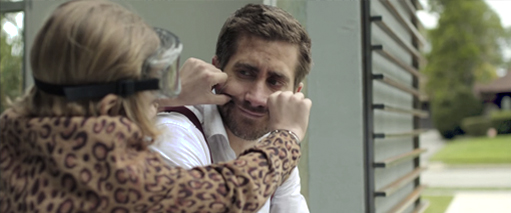Film Review: Demolition
Grief-Based Comedy Unsuccessfully Tries To Mix Quirky And Melancholic


Latest Article|September 3, 2020|Free
::Making Grown Men Cry Since 1992

